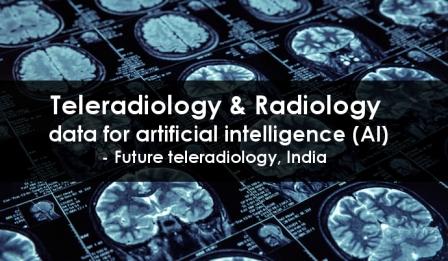
Introduction: Embark on a thought-provoking exploration within the domain of radiology, drawing parallels between the world of elections, the risks of cheating, and the aspiration for the purity of radiological practices. This reflective journey delves into the ethical considerations, challenges, and the commitment to maintaining the integrity of the radiological profession.
**1. Elections, Cheating, and Radiology: Drawing Analogies
- Establishing Metaphors
- Draw parallels between the principles of fair elections and the pursuit of ethical, ‘pure’ radiology practices.
- Discuss the potential risks and consequences when integrity is compromised in radiological decision-making.
2. The Ethics of Radiological Decision-Making:
- Navigating the Moral Landscape
- Examine the ethical considerations that radiologists face in the pursuit of accurate and unbiased diagnoses.
- Discuss how the decisions made in the radiology suite can impact patient outcomes and overall healthcare integrity.
3. Risks of ‘Cheating’ in Radiology:
- Acknowledging Misconduct
- Explore instances where shortcuts, biases, or unethical practices may be considered ‘cheating’ in the field of radiology.
- Discuss the potential risks, consequences, and the erosion of trust that may result from such behaviors.
4. Ensuring Fairness in Radiological Practices:
- Safeguarding Against Bias and Manipulation
- Advocate for fairness, transparency, and accountability in radiological decision-making.
- Discuss strategies for safeguarding against bias, ensuring accurate reporting, and maintaining the trust of patients and healthcare colleagues.
5. The Role of Technology in Ethical Radiology:
- Harnessing Innovation Responsibly
- Explore the impact of technological advancements on the ethical landscape of radiology.
- Discuss the responsibilities of radiologists in utilizing technology ethically and responsibly.
6. Continuous Professional Integrity:
- A Commitment to Ethical Practice
- Emphasize the importance of continuous professional development in maintaining ethical integrity.
- Discuss how ongoing education and self-reflection contribute to a culture of ethical radiological practice.
Conclusion: “Reflecting on Elections, Cheating, and the Pursuit of ‘Pure’ Radiology” prompts radiologists to examine the ethical considerations inherent in their decision-making processes. By drawing parallels with fair elections, acknowledging the risks of ‘cheating,’ ensuring fairness in practices, responsibly harnessing technology, and committing to continuous professional integrity, radiologists can uphold the ethical standards that form the foundation of their profession, ultimately benefiting patient care and the integrity of healthcare systems.
Service Areas:– Dadra and Nagar, Daman and Diu.
